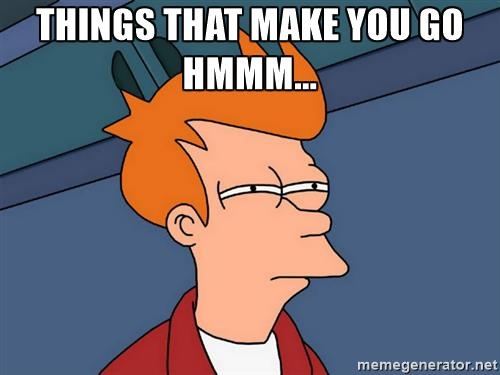does anyone regularly listen to the Third all the way through?
*raises hand*
In fact, the Third is so through-composed, that its original final movement, which ended up as the first movement of his Fourth, quotes the fifth movement of the Third. And the Third has a quite intentional, programmatic structure of building up from the unconscious (nature) to the fully conscious (God).
Ditto the Second, again with a clear programmatic structure (notwithstanding the exceedingly awkward request for a five minute break between the first and second movements). The Fourth has the famous flash-forward of the fourth movement in the third, though you could argue that the first three movements are more loosely coupled; but of course the Fourth is deliberately less expansive than the other symphonies. And the Middle symphonies are awash in recapitulating material from earlier movements.
I think the only symphony you could argue that for is the First Symphony. There’s meant to be a programme holding that symphony together too, and Mahler did not disavow that programme as thoroughly as he did for the later symphonies; but the movements really do sound like they have nothing to do with each other. But the First is an immature work structurally anyway.
The criticism is a legitimate one to raise with symphonic works in general, and until Mahler’s generation, having thematic cohesion between movements was rare. (Beethoven rummages through the other movements’ themes in the start of the fourth movement of the Ninth, but that’s because he’s programmatically searching for a tune.) The pursuit of thematic cohesion within a symphony is plausibly an inheritance from Wagner; and in that regard, Mahler was a Wagnerian.


